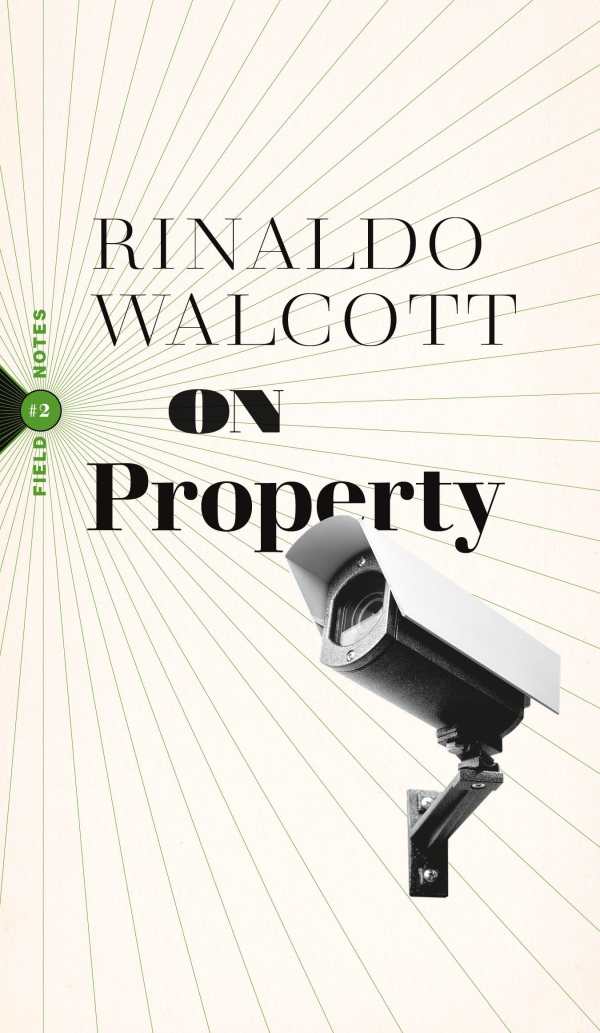On Property
Field Notes Series
In his brief text On Property, Rinaldo Walcott makes a case for the abolition of property and the criminal justice system.
As far as most people, particularly white people, are concerned, abolition was a one-time event that freed America’s Black slaves. But Walcott argues that abolition is incomplete and ongoing, and that it must involve far more than the breaking of physical shackles. The only way to truly free Black people around the world, he argues, is to substitute the systems that allowed them to be enslaved in the first place with systems that prioritize human life over property. His book explores what such systems might look like and how they would work.
The first half of this succinct, thorough text describes the cruel history of Black people’s relationship with property. For centuries, they were bought, sold, and regulated as the property of white people. Today, “plantation logic” continues to influence how police, and white people generally, view and interact with Black people: in short, Black lives are considered less valuable than white lives and the “security” of property.
In the book’s second half, Walcott explains why prison reform can never work. In its place, he argues that the United States and Canada should reduce their police budgets and reinvest that money in more humane and efficient programs, including for education, mental health, and community building. Such measures, while crucial, must be only a step on the road towards the complete dismantling of the police, the prison system, and capitalism. This cannot and will not happen overnight, Walcott acknowledges, thus allowing time to develop alternatives to the present systems that will protect not only Black people, but the entire world.
Drawing on scholarly texts and personal experiences, On Property examines the past, present, and potential future of Black freedom.
Reviewed by
Eileen Gonzalez
Disclosure: This article is not an endorsement, but a review. The publisher of this book provided free copies of the book to have their book reviewed by a professional reviewer. No fee was paid by the publisher for this review. Foreword Reviews only recommends books that we love. Foreword Magazine, Inc. is disclosing this in accordance with the Federal Trade Commission’s 16 CFR, Part 255.

